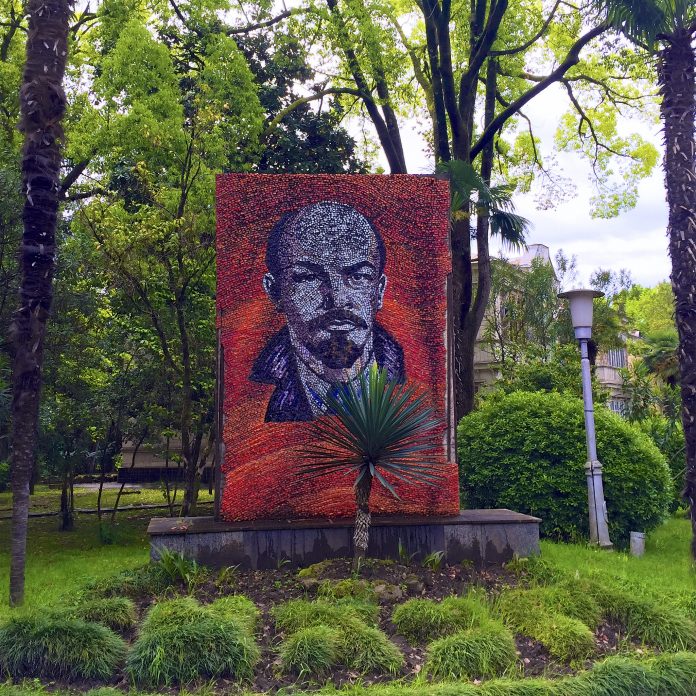According to a report by Izvestiya newspaper, Russia has signed an agreement for a naval base on the Black Sea coast of Abkhazia. Georgia has criticized the move and called it a violation of its sovereignty.The European Union has expressed concern about Russia’s reported plans.
“We express concern about the statements of Russia’s occupation regime in Sokhumi regarding the deployment of an additional Russian military base in the occupied territories of Georgia and the inclusion of the indivisible Abkhazia region of Georgia in the integration processes initiated by Russia,” the Ministry of Foreign Affairs of Georgia stated on October 5.
“Such actions represent a gross violation of the sovereignty and territorial integrity of Georgia and another provocative attempt to legitimize the illegal occupation of Abkhazia and Tskhinvali regions of Georgia”.
The MFA of Georgia calls on the Russian Federation to respect its international obligations, to fulfill the EU-mediated 12 August, 2008 Ceasefire Agreement and to stop the illegal occupation of the regions of Georgia.
The EU considers Russia’s military presence in Abkhazia and South Ossetia illegal, violating Georgia’s sovereignty and territorial integrity. These actions also go against the principles of international law and the agreements made by Russia.
The EU firmly supports Georgia’s independence, sovereignty, and territorial integrity within its internationally recognised borders. If Russia proceeds with its plans, it will increase tensions and threaten regional stability.
Abkhazia broke away from Georgia under the military protection of Russia. During the Georgian-Abkhaz conflict of 1992–1993 and 1998, the Abkhaz separatists and their allies committed ethnic cleansing massacres. They forced the mass expulsion of thousands of ethnic Georgians living in Abkhazia and Armenians, Greeks, Russians, and opposing Abkhazians.

